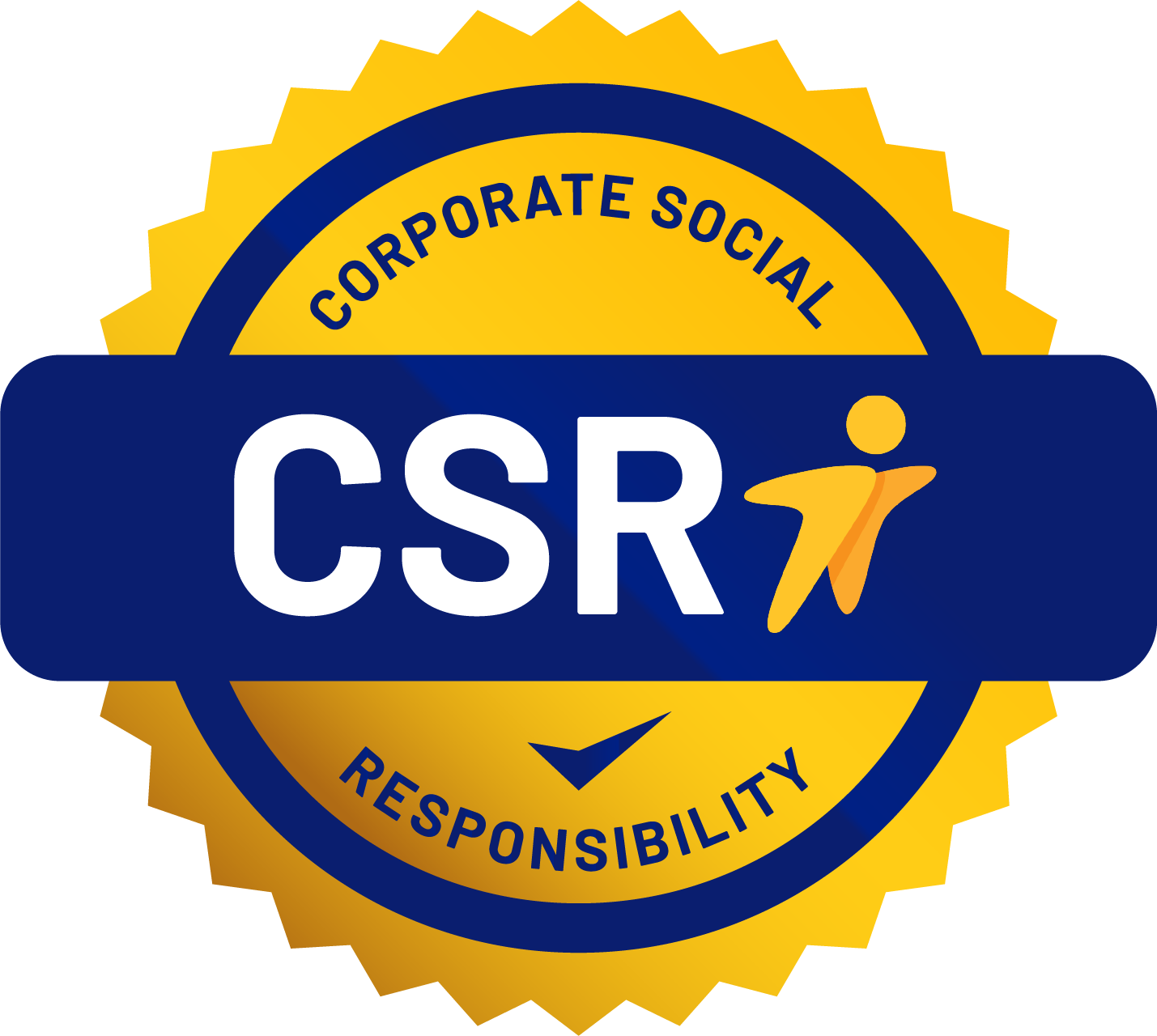HPI News & Insights

By Alexis Hardie
•
April 2, 2024
Finding your next job involves more than just a resume and interview. Depending on the role, potential employers may conduct a social media screening before extending a job offer. Let’s break down the best practices for using your social media accounts without risking future or current employment.

By Maria McParland
•
March 14, 2024
Fair chance hiring aims to create a more level playing field for those with a past criminal record. Promoting this campaign relies on giving employers the right knowledge and best practices to help break down unfair barriers to employment. HRPA is working to equip employers with the right information and procedures to expand fair chance hiring throughout Canada.

By Tim Hardie
•
February 8, 2024
Conducting a criminal record check is often carried out when a new employee is brought onto the team. However, reverifying these checks throughout an individual's employment is often necessary to keep your workforce safe, stay compliant, and maintain accurate employee records. Read on to learn more about how the Hire Performance’s app makes these checks easy to maintain and update.

By Tim Hardie
•
November 15, 2023
Education verification is a crucial part of the candidate screening process. Skipping it can result in hiring applicants who are untrustworthy and unqualified, risking other employees, customers, lawsuits, and other catastrophes. Read on to find out how to identify diploma mills!

By Tim Hardie
•
October 25, 2023
Social media serves as a powerful reflection of your personal and professional identity. Employers are increasingly turning to social media screenings to gain deeper insights into job candidates before making hiring decisions. Learn how social media can impact your job opportunities.

By Tim Hardie
•
September 20, 2023
In today's digital era, social media has become a significant part of our daily lives for both personal and professional reasons. This digital footprint has also become a valuable resource for employers during the hiring process. Learn why social media checks are important for employment.

By Tim Hardie
•
August 15, 2023
Exit interviews are a critical part of the employee lifecycle, providing employers with valuable insights into their organization's strengths, weaknesses, and opportunities for improvement. These conversations with departing employees can uncover important information that can be beneficial for both the exiting employee and the company. In this article, we'll cover what an exit interview is, the benefits of conducting an exit interview, the top questions to ask in an exit interview, and pro tips for getting the most out of your next exit interview. What is an Exit Interview? An exit interview is a series of questions that are posed to employees who are in the process of leaving a company. While an exit interview can be conducted via an online survey, these interviews are most often managed and conducted in person by an HR staff member with expertise in off-boarding processes. Exit interviews typically take place during an employee's last few days of work and last anywhere from 30 minutes to an hour with around 5 to 10 questions. The specific questions asked during an exit interview will vary by company, industry, employee position, and employee circumstance. However, almost all exit interviews include a similar set of questions. Exit interviews offer departing employees the chance to share their experiences, perspectives, and suggestions openly. For employers, this feedback can lead to meaningful improvements in various areas, such as company policies, communication, work environment, and management practices. By addressing concerns and making positive changes, organizations can foster a culture of continuous improvement. The Benefits of Conducting Exit Interviews An exit interview not only allows employers to end employee relationships in an amicable and organized fashion, but it offers several key benefits that organizations can immediately realize. The benefits of exit interviews include: Addressing Organizational Strengths and Weaknesses: Exit interviews provide an opportunity to gain a deeper understanding of the company's strengths and weaknesses. Departing employees often offer candid feedback about what worked well and what could be improved, allowing the organization to identify areas for improvement. Improving Employee Retention: Understanding why employees are leaving can help address issues that might be contributing to turnover. Exit interviews may even reveal recurring patterns and trends that highlight systemic issues that impact retention, engagement, and satisfaction. By acting on this feedback, organizations can implement changes to improve in these areas. Enhancing Company Culture: Exit interviews offer insights into how employees perceive the company's culture and values. By addressing any discrepancies between the desired culture and the actual experience, organizations can work towards cultivating a positive and inclusive work environment. Staying Competitive with Improved Recruitment & Training: Exit interviews provide an opportunity to speak directly with employees to reveal how competitors are attracting employees. Companies can adjust hiring and training strategies to ensure that employees’ expectations align with day-to-day job duties and required skills. Improving Management Practices: Exit interviews can shed light on the quality of relationships between employees and their supervisors. If consistent feedback points to issues with management practices, the organization can offer training or support to improve leadership skills. Building Goodwill: Conducting exit interviews demonstrates that the organization values employees' opinions and experiences, even as they leave. This can leave a positive impression on departing employees and even encourage them to speak well of the company in the future. Lowering the Risk of Future Litigation: In some cases, exit interviews can help organizations identify potential legal or compliance issues, including clarifying the reason for termination to avoid wrongful termination claims. If employees reveal instances of harassment, discrimination, or other problematic behaviour, the organization can take appropriate action to lower the risk for future litigation. Conducting exit interviews is a strategic practice that offers a wealth of benefits to organizations. By gaining insights into employee experiences, organizations can make informed decisions, improve workplace conditions, and foster a culture of continuous improvement that ultimately contributes to long-term success. Top 15 Questions to Ask in an Exit Interview Although most exit interviews should not exceed 10 questions, there is a wide range of questions to choose from that can be asked during an exit interview. As the interview progresses, the interviewer will need to use their discretion on which topics to discuss further. For example, employees may leave due to family needs, retirement, and other life events. As a result, depending on the employee’s situation, exit interview questions need to reflect the nature of the departure accordingly. While there is no rule for which questions are best, we’ve compiled a list of some of the best questions that you can ask during your next exit interview to ensure that you are getting comprehensive and in-depth feedback. These questions include: What prompted your decision to leave the company? What were the most important factors to you in choosing another job? Was it salary, benefits, time off, company culture, or anything else? On a scale of 1 to 10, how satisfied were you with your job during your time here? What aspects contributed to this rating? Did you feel that you had a healthy work-life balance while working here? If not, what could have been improved? Were you provided with sufficient career development opportunities during your tenure? How could these have been enhanced? How would you describe your relationship with your immediate supervisor? Were your expectations for guidance and support met? What were the best and worst aspects of your job? Did you feel adequately prepared for the required duties and skills of this job from training? How has your job changed since you were hired? Did you feel valued and recognized during your time at this company? What factors could have led you to stay with the company? What suggestions do you have for how the company can improve? Would you recommend this company to a friend? Why or why not? Did you share any of your concerns with the company before deciding to leave? Is there anything else you would like to share? These questions are key to building goodwill, revealing hidden issues, and lowering the risk for future litigation in cases where employees have left the company for non-personal reasons. Pro Tips for How to Conduct Effective Exit Interviews It’s important to remember that an exiting employee is still a valuable employee to your organization. That’s why it’s critical to make the most of the exit interview to ensure that it is beneficial to both parties. Here are 6 pro tips for conducting meaningful exit interviews: Create a Safe Space: Use neutral and non-judgemental language to encourage honest feedback and make the employee feel comfortable. Remind employees that they will not face repercussions and that their responses will be kept confidential. Never accuse or blame the employee for workplace issues. Use Open-Ended Questions: Encourage detailed responses by asking open-ended questions that go beyond simple “yes” and “no” answers. When warranted, ask employees to expand and narrow the focus on key topics. Cater Questions: Questions should be catered to the role that the employee is leaving. For example, interns, managers and leaders, specialists and technicians, and nonprofits should have different sets of job-related questions. Employ Active Listening: Pay close attention to the employee's responses, asking follow-up questions to delve deeper into their insights. Focus on their experience at the company. Identify Patterns: Identify recurring themes across exit interviews to address systemic issues. Implement Change: Use the feedback received to make positive changes within the organization. Share improvements with the team to show that feedback is valued. Regardless of the employee’s reason for leaving, these pro tips will help you conduct an exit interview that will result in a positive impact on the employee and the company. Get Exit Interview Services Today Hire Performance’s exit interview service always asks the right questions and addresses essential topics to gather meaningful feedback for your company. Our exit interviews prioritize your company’s needs with custom interview questions to highlight what is most important to you. Contact us today to learn more!



















